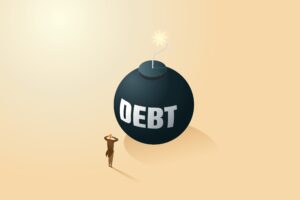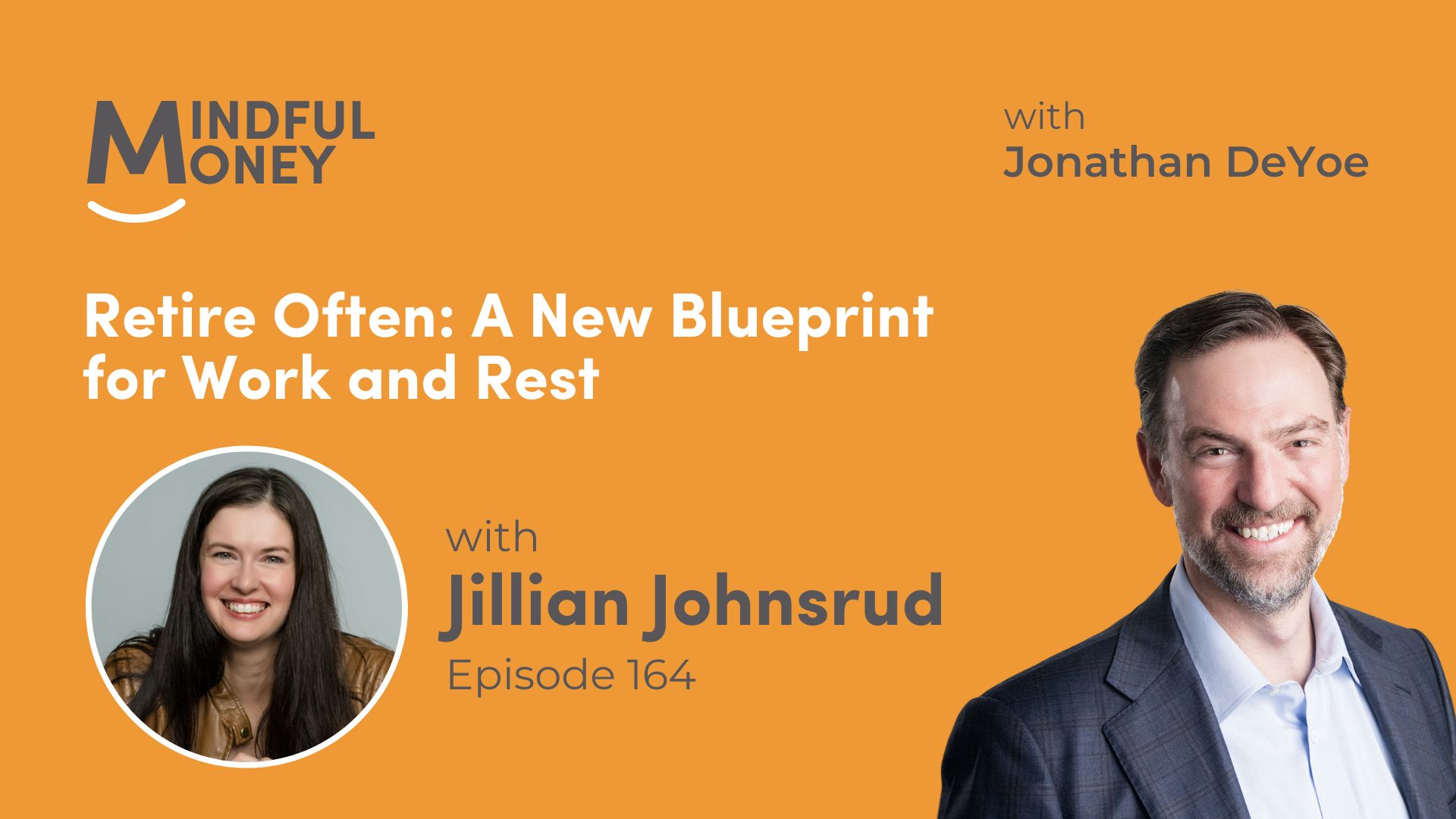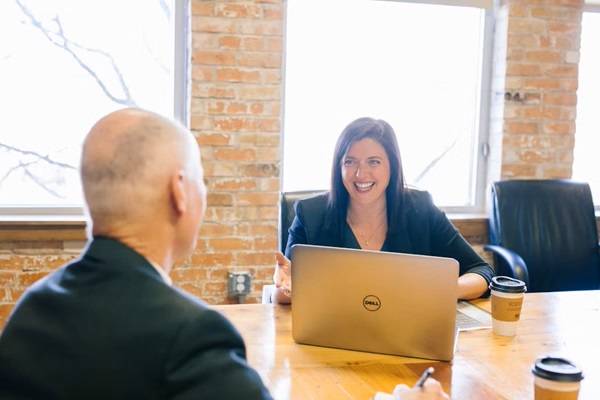Mindful Investing: Better Investing Outcomes; Less Suffering
This is the working title of my 2nd book.
The idea is a simple one. There are lots of people who promise better investment outcomes. If you have paid attention for the last 3 months on this blog, you know what I think of those promises. I wanted to write about an approach I have been using for a long time. I don’t “own” it and it is available to anyone willing to think clearly, consider the volumes of academic research, and most importantly – stay humble.
Mindful Investing will exist to help average people build family wealth through investing. The approach is rooted in the academic evidence for improving investment outcomes and is directly opposed to the crowd that tells us we need better market timing, more intelligent investment selection, and faster trade execution.
In this way, it is deeply and consistently counter-cultural.
Mindfulness of this evidence, especially in the context of our busy lives and oversubscribed attentions, is the key to both attaining better financial outcomes and improving the investor’s experience – a reduction in suffering, because the way we usually invest generates misery, not wealth.
Most of us are confused about money and personal finance. The studies of financial confidence reveal that this confusion is global and universal across all human categories. We learn lessons about money as children (before we know we are learning lessons).
These lessons create a foundation of money beliefs that calcify often before we go to college. It does not matter that our parents don’t know any better and their parents didn’t know any better. It is too easy to remain captive to these legacy beliefs – relying on bad habits and emotional reactions to drive investment decisions.
This leads us to buy new products, which are created and sold to solve last year’s big issues while failing entirely to anticipate what is coming next – which is always unknowable. All the while a series of dramatic financial headlines from a revolving stream of financial pundits force us to question every decision and constantly attempt market timing and investment selection changes where no advantage can be gained and our psychology usually leads us to take the wrong action at just the wrong time.
Our knowledge about markets and economies is always limited to stuff that has already happened – all of which is already reflected in markets. We are all equally in the dark about the future and we cannot reasonably have a “market outlook” about something we cannot know. We should stop trying to make investment decisions out of chaos.
Mindfully remembering and humbly admitting we cannot know enables us to see past the financial noise as presented by the product manufacturers and the financial media. Spending a little time on appropriate durable portfolio design up front allows us to spend immensely less time on portfolio management for the rest of our lives. Less time spent on money equals more time spent on life – or, if you wish to keep it financial, just earning more.
This patient and disciplined approach can earn the ultimate dividend: happiness. This is how we build True Wealth.
Mindful Investing is based on my 40 years investing in stocks, 25 years in options, 20 years in real estate, and 15 years in private markets. If there is a tool that could be invested in, I have invested in it. At the end, I choose to invest 90% of my own and my family’s investable assets in the simplest way possible. There are only 3 basic elements to this (all of which I have thoroughly covered here before):
- Asset Allocation
- Diversification
- Rebalancing
I want to be very clear. I could not be satisfied with lesser investment outcomes for my family, my clients, or myself. I’m not choosing this path because I don’t want to do the work. I AM seeking better investment outcomes. And I absolutely believe that most of what we consider “the work” is fear and greed cloaked in overconfidence. I am choosing the Mindful Investing path because I believe it has the greatest chance of providing the long-term outcomes I desire.
That it also takes less time and energy to implement is a bonus which reduces my suffering and frees me up to live a better life.





